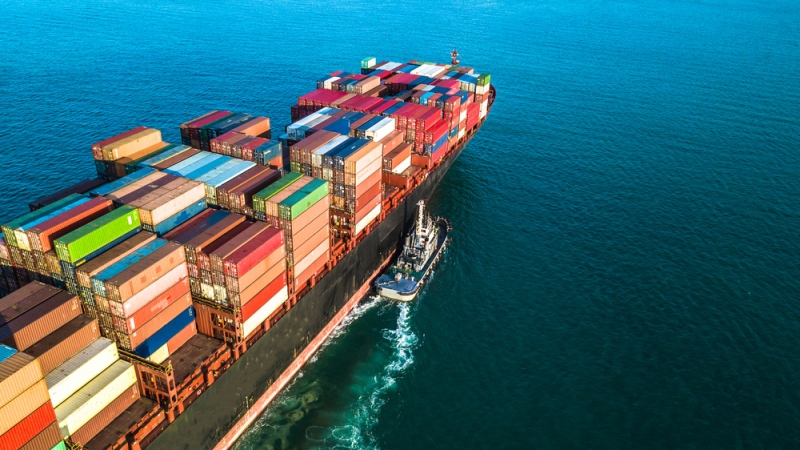
Today when we talk about goods or products, we no longer limit ourselves to our region or even to the state or even to a single country for that matter. Supply chains are now about being able to buy and purchase goods across the globe. This trade has now gone international and with the emergence of international trade comes to the international trade laws that need to be complied with. Along with this also come the cultural differences, which can result in miscommunication while understanding contractual obligations and terms. One such term is free or freight on board or Free Freight Search.
Lets first quickly understand what free or freight on board or Free Freight Search means. The term itself is an irony in itself. The term “Freight on board” or in other words, free on board, points to a set of Incoterms that oversee the ownership and the payment for the shipment, during overseas travel. By overseas travel, we mean all modes of transit. Although there is a usage of the word free that doesn’t at any point signify that there are no shipping costs apply for the goods that are been shipped. The term is free or freight on board refers to the commitment and responsibility of the shipment while it is still in transit. The FOB destination usage places the responsibility of possession and risk assumption on the shipper, while the goods or the shipment is still in transit; while the FOB origin places this responsibility and the assumption of risk on the receiver. In short, the usage of the word destination means that the person or company shipping the goods is responsible for them till they are received by the receiver; while the usage of origin signifies that the goods are the responsibility of the receiver, right from the time that they are loaded at the origin. The terms of usage for describing the FOB are ideally included as a part of the freight invoice, bill of lading or any other documentation related to the shipment.
Dealing with international purchase and sale of goods
The term “Freight On Board” in itself can be very complicated and even it usage at times could lead to a lot of confusion. However, while dealing with international purchase and sale of goods, it becomes imperative that any difference in cultural and barriers in language should not be the reason for further confusion and thus leading to any legal issues and any other problems for that matter. This can especially occur while the freight costs and the ownership of the goods are concerned, in dealing with international shipments. Most of the times shippers do find a lot of confusion in dealing with FOB and getting complete clarity on the term. Most of the shippers to avoid any confusion or further hassles prefer downloading or outsourcing this task to companies or individuals that work as 3rd party logistics providers.



